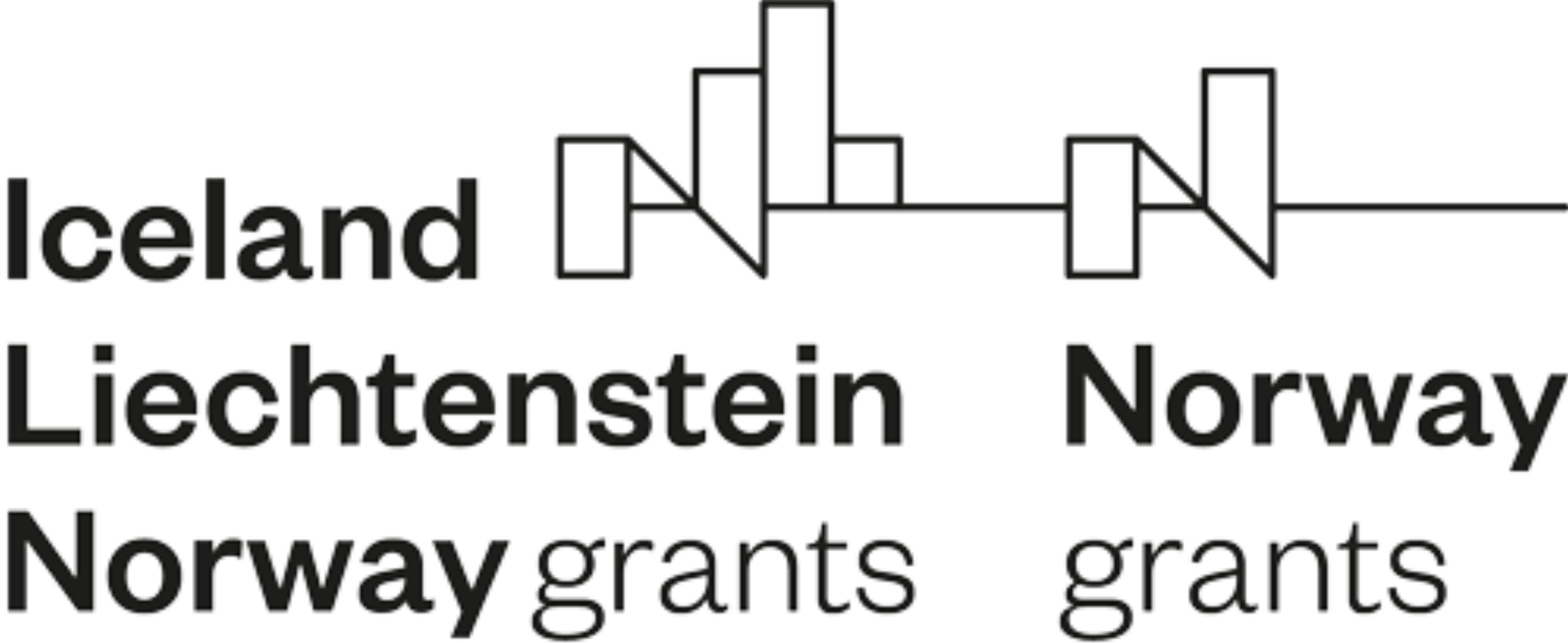From Challenges to Change: Romania’s ID Card Project for Construction Workers
 © FGS Familia
© FGS FamiliaAs an EU member country, Romania has undergone significant changes in the latest years, marked by privatization, restructuring, and the adoption of EU legislation, which has likely led to notable improvements in working conditions. Despite these advancements, Romania continues to face challenges in the labour market, particularly concerning low wages, a certain important level of undeclared work, unfair competition in what concerns the recruitment of qualified workforce and issues related to social dumping.
FGS FAMILIA aimed to address some of these issues in the construction industry through their project, “ID CARDS for Decent Work in the Construction Industry.” Supported by the Norway Grants, this initiative explored the introduction of ID cards for construction workers in Romania, as a tool for detecting and preventing undeclared work, identify employees on construction sites, facilitate registration of training and work experience, and provide information related to workers' income and contributions to the public budget.
 © FGS Familia
© FGS FamiliaA crucial part of the project was to increase awareness and knowledge about decent work among key stakeholders in the construction industry. Nearly 300 participants from trade unions, employers’ organisations, and public institutions attended six training sessions nationwide. These sessions helped strengthen the understanding of decent work as a 21st-century challenge, including the need for up-skilling and re-skilling of the construction work force in Romania. The book about decent work, developed by the project manager, is the only material of this kind in Romania, extremely well received by stakeholders and, especially, by public institutions.
Collaborating with the Romanian Federation of Employers of Construction Companies and the Norwegian United Federation of Trade Unions (Fellesforbundet), FGS FAMILIA held consultation sessions with a broad range of stakeholders and conducted diagnostic research of the problems encountered by the stakeholders in the construction industry in Romania, as well as a comparative study on the use of social cards across 11 European countries. The studies laid an important foundation for understanding how an ID card can help combat challenges related to social dumping and promote decent work. The results formed the basis for an action plan, now becoming a public policy. It is part of a memorandum awaiting the Romanian Prime Minister’s signature to enter the political process of becoming law, highlighting the project’s significant impact.
 © FGS Familia
© FGS FamiliaInternational Labour Organization, a UN agency that promotes social justice and labour rights, and other important international bodies have also recognized the project. FGS FAMILIA’s project was among others discussed during the International Labour Conference in 2022, and at several other European workshops. The project is seen as a success story across countries and is the only Romanian project selected as best practice in social dialogue by the European Labour Authority through its platform tackling undeclared work.
Although the ID cards were not produced during this project, it laid a solid foundation for their potential future implementation. The project has created inspiration for a better future for construction workers in Romania, where decent work is at the forefront.
The activity caried out in the project represented a good practice model for European Construction Industry Federation and European Federation of Building and Woodworkers, which have developed their own project regarding social ID Cards in construction, focusing on the interconnectivity of the existing national schemes and contribute to defining the needs and possible regulatory gaps in the EU framework.
The collaboration between the Romanian employers’ organization and employees’ organization represents a significant step towards enhancing social dialogue in Romania also for other economic sectors. The project has also strengthened cooperation between Romanian partners and the Norwegian partner, Fellesforbundet, facilitating the exchange and transfer of best practices. Building trust, dialogue, and cooperation is at the heart of the Social Dialogue and Decent Work programme. This project demonstrates how collaboration, research, and commitment can lead to significant progress for decent work for all.
 © FGS Familia
© FGS Familia